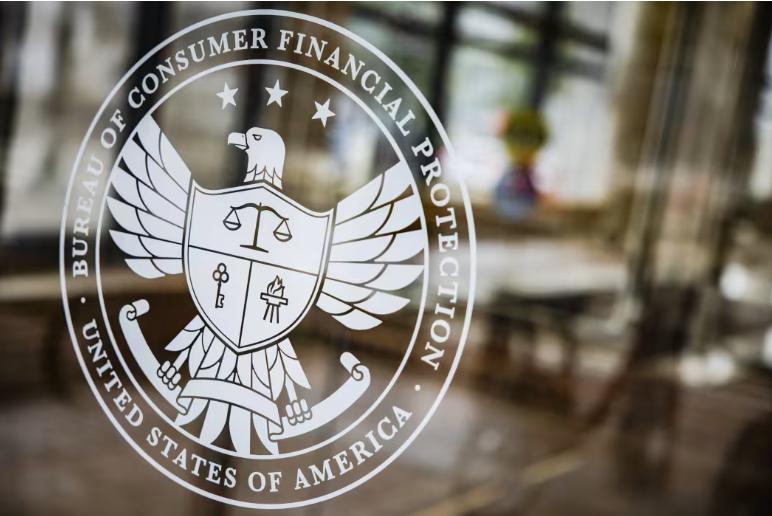
Recently, globally renowned entrepreneur Musk made a striking statement on his social media platform, calling for the cancellation of the Consumer Financial Protection Bureau (CFPB) in the United States. This proposal quickly sparked widespread attention and concerns in the market, especially in terms of financial regulatory policies. As a highly influential entrepreneur, Musk's viewpoint not only represents his personal opinion, but may also indicate a potential political and economic trend.
CFPB is an independent government agency established under the framework of the 2010 Dodd Frank Act in the United States, with the main responsibility of protecting consumer rights in the financial sector. This institution is committed to ensuring that all consumers can enjoy fair, transparent, and secure financial services. The CFPB is responsible for regulating various financial institutions, including but not limited to banks, credit card companies, mortgage loan companies, etc. Its main task is to supervise the behavior of these institutions and ensure that they do not harm the interests of consumers through fraud, unfairness, or other illegal means. In addition, the CFPB is responsible for handling consumer complaints against financial institutions and imposing penalties on non compliant institutions when necessary.
The establishment of CFPB originated from a profound reflection on the US financial system after the 2008 financial crisis. The crisis exposed the damage suffered by many consumers, especially low-income groups, in loans, credit cards, and other financial services. Therefore, the original intention of establishing CFPB is to provide a specialized regulatory agency to supervise financial service providers and protect consumers from unfair or fraudulent behavior. Over time, the institution has implemented a series of regulations and policies aimed at promoting consumer knowledge and participation, and improving the transparency and fairness of financial markets.
Musk's proposal has sparked widespread controversy. Supporters argue that CFPB's regulations are too strict, limiting the commercial operations and innovation of financial institutions, increasing the cost of financial services, and ultimately affecting consumer choices and market vitality. They pointed out that excessive regulation would suppress economic growth and weaken the competitiveness of financial markets.
However, opponents strongly oppose Musk's proposal. They believe that the CFPB has played an important role in preventing the recurrence of financial crises and enhancing transparency in financial services. If such regulatory agencies are weakened or abolished, it may expose consumers to more risks without effective protection, damaging the overall stability of the financial environment. Opponents also point out that the CFPB has increased consumers' understanding of financial products through education and promotion, enabling them to make informed decisions and protect consumer rights.
Musk's proposal is not only a questioning of the CFPB itself, but also a challenge and reflection on current financial regulatory policies. With the rapid development of financial markets and continuous innovation of financial products, financial regulatory policies are facing increasing challenges. On the one hand, regulatory policies need to ensure fairness, impartiality, and transparency in the market, protect the legitimate rights and interests of investors, and prevent systemic financial risks. On the other hand, regulatory policies also need to adapt to market changes and innovation, avoiding excessive regulation that suppresses economic growth and financial innovation.
In this context, finding a balance between financial regulation and economic growth has become an urgent problem to be solved. On the one hand, the government needs to strengthen supervision of financial institutions to ensure their compliant operations and prevent the accumulation and outbreak of financial risks. On the other hand, the government also needs to encourage innovation and development of financial institutions to enhance the competitiveness and vitality of the financial market. This requires fully considering the actual situation of the market and the needs of financial institutions in the formulation and implementation of regulatory policies, and achieving a positive interaction between regulation and innovation.

The South Korean political arena has once again been embroiled in a public controversy over a judicial investigation that has shaken the entire nation.
The South Korean political arena has once again been embroi…
On the morning of December 29th local time, the precious me…
According to the US media Barchart, recently, the fluctuati…
On December 29th, Mar-a-Lago in Florida, USA, witnessed a h…
SoftBank Group announced on Monday that it has agreed to ac…
Recently, the US State Department issued a visa ban, adding…